- AdventHealth
This Physician's View opinion piece is written by both Bret Goodpaster, Ph.D., scientific director and senior investigator for the AdventHealth Translational Research Institute, and Kirk Erickson, Ph.D., director and senior investigator for the AdventHealth Translational Neuroscience Institute
One inescapable truth is we’re all getting older. Some of us, however, seem to age better than others. We’ve all heard:
- “Age is just a number.”
- “She’s sharp as a tack.”
- “He looks great for his age.”
Here at the AdventHealth Translational Research Institute, one of the biggest problems we are trying to better understand is the science of aging.
The big picture:
The World Health Organization (WHO) has defined healthy aging as a process of maintaining functional ability to enable well-being in older age.
According to the WHO, no country had more than 11% of its population over the age of 65 in 1950. Fifty years later, that rate grew to 18%. However, by 2050, it’s expected to rise to 38%. Because of this growing aging rate, it is critical we explore how we can age in a healthy manner for a better quality of life.
The field of study on healthy aging is a lot like space exploration: it is not new, but we have much to learn.
To better understand this frontier, we – along with our colleagues across the globe – are trying to answer questions, such as:
- Why do some people – or some organisms – age more rapidly or more slowly than others?
- Why do some of our organs and body systems wear out more quickly than others?
- Does the adage, “use it or lose it,” apply?
What we want to know:
- Exercise and a healthy diet have been shown to improve health. However, we are trying to determine whether physical activity and eating right helps us live longer. And does it help us live longer without disease or disability?
In addition, we understand that brain health is directly tied to a healthy heart and healthy body, but how does brain health relate to other features of aging?
The science related to extending our lifespan is still not clear.
How to keep your body healthy
This section is written by Bret Goodpaster, Ph.D., scientific director and senior investigator for the AdventHealth Translational Research Institute
Life has so much to offer at every age. At the AdventHealth Research Institute (AHRI), my colleagues and I are working to discover various factors, such as our genes, that determine how well we age and trying to understand how to help mature adults get the most out of life.
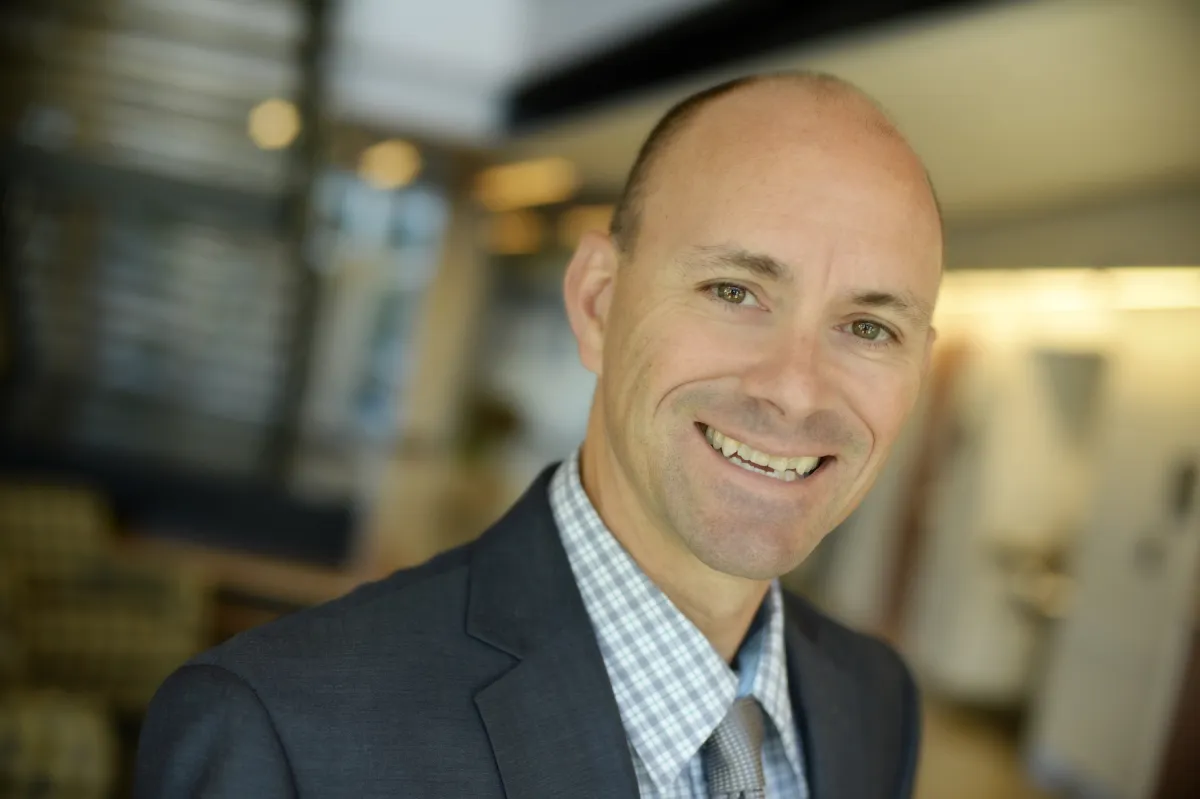
Ongoing studies funded by the National Institute on Aging are exploring how exercise and weight loss impact how we age, while other studies are investigating how older people respond during periods of disuse (for example, what occurs when patients are hospitalized for several days) and how they recover.
All of these studies will produce findings for developing and implementing better therapies to make us more resilient later in life or to rebound more quickly after injury or surgery.
At AdventHealth, several studies are already underway and enrolling participants, including:
- BATSR
This study examines the role brown adipose tissue (BAT) plays in aging to prevent an accelerated aging process as well as metabolic and cardiac health in the elderly. - MoTrPAC
The goal of the Molecular Transducers of Physical Activity Consortium (MoTrPAC) study is to create a comprehensive map of the molecular responses to both aerobic exercise and resistance training to discover novel molecules that promote the health benefits of exercise. - REST
REST is designed to study the role of Type 2 diabetes on skeletal muscle atrophy and bed rest in older adults.
How to keep your brain sharp
This section is written by Kirk Erickson, Ph.D., director and senior investigator for the AdventHealth Translational Neuroscience Institute
We’ve all heard the famous slogan, “A mind is a terrible thing to waste.” There may be some truth to that statement when it comes to aging.
As we get older, the brain changes in a number of ways, including shape and function.
This process varies by brain region. Some brain regions stay intact, such as those controlling respiration and heartbeat. However, the natural aging process of the brain happens in more cortical areas that involve thinking, which is why memory impairment is often associated with aging. The deterioration of these higher-level cognitive processes happens right around 50-60 years of age.
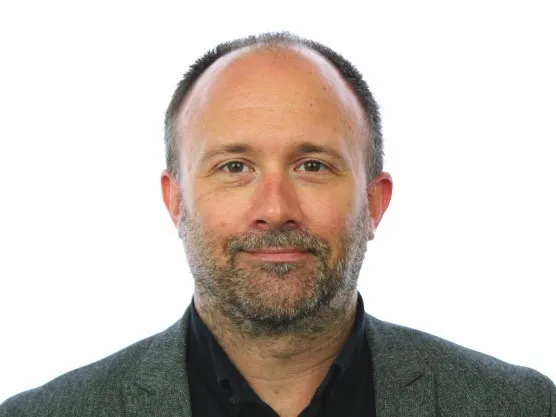
I have always had a passion for understanding the brain and capitalizing on its malleability for promoting better brain health throughout life. That’s why I’ve dedicated my career to studying how to maintain a healthy brain, as well as how to reduce the risk of developing neurodegenerative conditions like Alzheimer’s disease and preventing brain atrophy to maintain brain health for as long as possible.
As the principal investigator in a national, NIH-funded study, called Investigating Gains in Neurocognition in an Intervention Trial of Exercise (IGNITE), we examined whether exercise is capable of improving cognitive performance and brain function in late adulthood.
In another study, Rhythm Experience and Africana Culture Trial II (REACT!), we assessed whether African dance and Africana culture can improve how African Americans think, feel and function in day-to-day life.
This is just two examples of the types of research studies being conducted and it is transforming the way we think about the brain.
Overall, the goal of this work is to better position each person to maximize his or her brain capabilities and determine new methods for enhancing brain function and preventing brain deterioration.
The future of healthy aging
This section is written by both Bret Goodpaster, Ph.D and Kirk Erickson, Ph.D.
Aging research spans virtually all areas of biology and all areas of medicine from arthritis, diabetes, and heart disease to cancer and brain-related diseases. This research serves as the foundation for all discoveries and new treatments and has the potential to impact the health of millions around the world.
Across many facets of health care, precision medicine approaches to prevention and treatment are gaining traction. While much of precision medicine has been focused on the role of genetics in targeted therapies, the whole person should be a key component.
While immortality remains in the realm of science fiction, the science of healthy aging is real, and research at AdventHealth will help change the course of how people age.
Physicians can direct any patient interested in participating in a study to click here and scroll to the bottom of the page to submit their interest directly.
Recent News
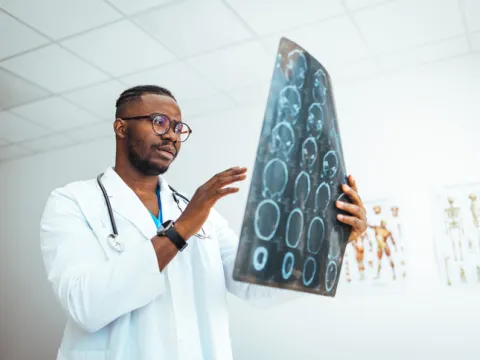
The AdventHealth Neuroscience Institute is the first in Florida and one of the first in the country to begin recruiting patients with primary progressive or non-active secondary progressive multiple...
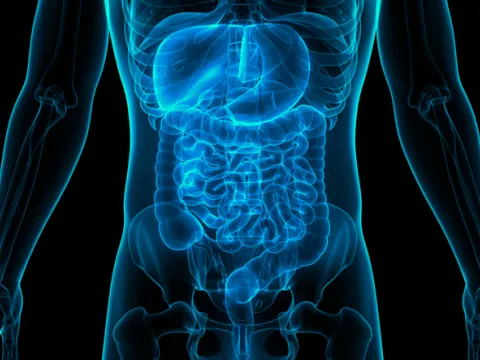
Accurately determining food intake remains a challenge in nutrition research. A new study published in Nature Metabolism and co-authored by Dr. Corbin introduces a metagenomics-powered approach to...
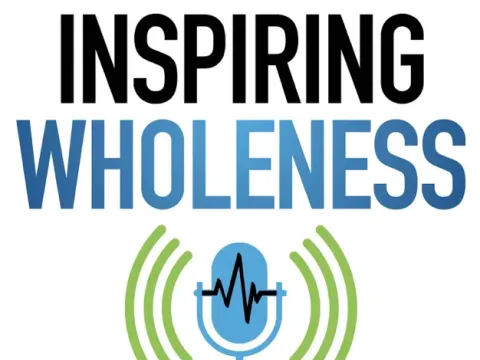
Discover what’s being accomplished in Central Florida to bridge the health gap with Orange County Mayor Jerry Demings and AdventHealth’s Dr. Alric Simmonds.
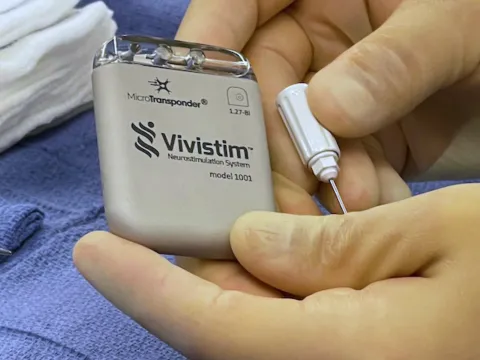
Breakthrough device offers new hope for stroke survivors struggling with rehabilitation following ischemic stroke

Jennifer Seminerio, MD, recently became one of the first in Florida to use intestinal ultrasound (IUS) to help assess and manage treatment of patients with inflammatory bowel disease (IBD). A non...
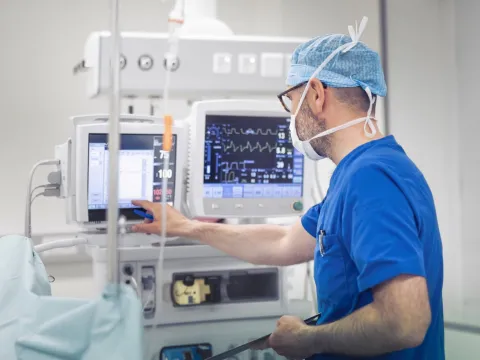
The Convergent Hybrid Ablation procedure has been gaining acceptance as an effective treatment option for long-standing persistent atrial fibrillation (AFib) since the CONVERGE trial data published in...
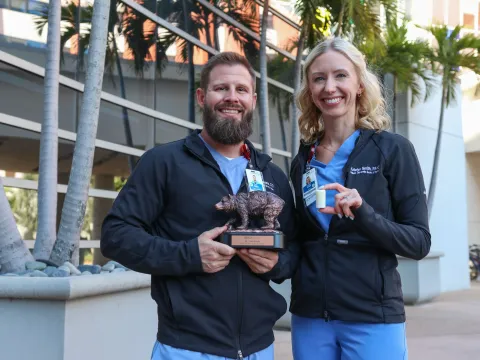
Recently, AdventHealth for Children pediatric orthopedic surgeon Sean Keyes, DO, Katelyn Smith, PA-C, and their team performed their 100th bridge-enhanced anterior cruciate ligament (ACL) repair (BEAR...
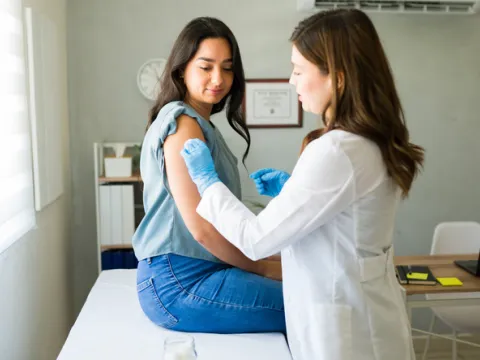
Physician leaders from AdventHealth’s emergency department, infectious disease, inpatient, pediatrics and pharmacy teams all collaborated to develop a respiratory virus testing algorithm to assist...
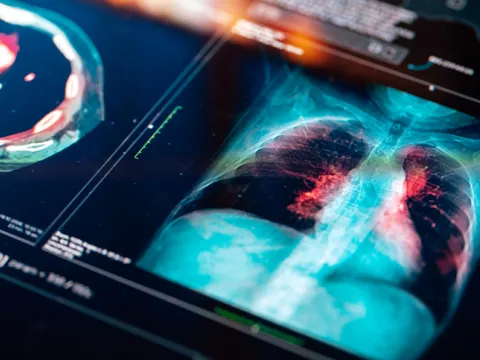
Thoracic surgeon Colleen Gaughan, MD, and her team at AdventHealth Celebration, recently became one of the first in the country to incorporate targeted imaging agent Cytalux (pafolacianine) as part of...
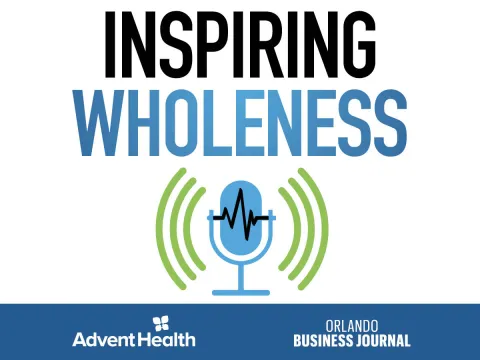
On the newest Inspiring Wholeness podcast, Obie Diaz, local morning radio show host, shares how a routine physical eventually led to two open heart surgeries.
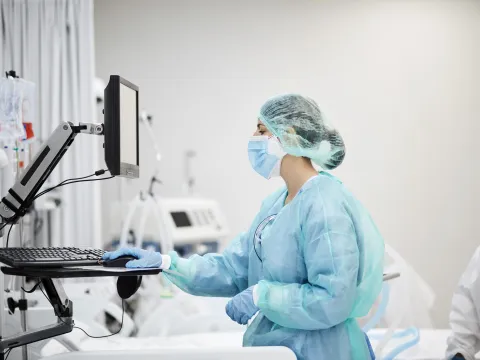
AdventHealth recently began piloting a new Genomics Risk Assessment for Cancer and Early Detection (GRACE) program that combines the use of digital mammography, artificial intelligence (AI) technology...
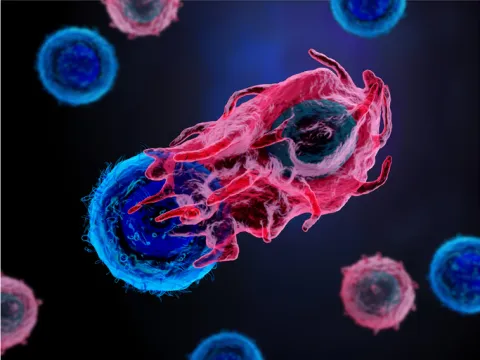
AdventHealth Clinical Research Unit (CRU) Executive Director and Medical Director of Genitourinary Oncology Guru Sonpavde, MD, co-authored an article on the AMBASSADOR Phase III clinical trial results...
